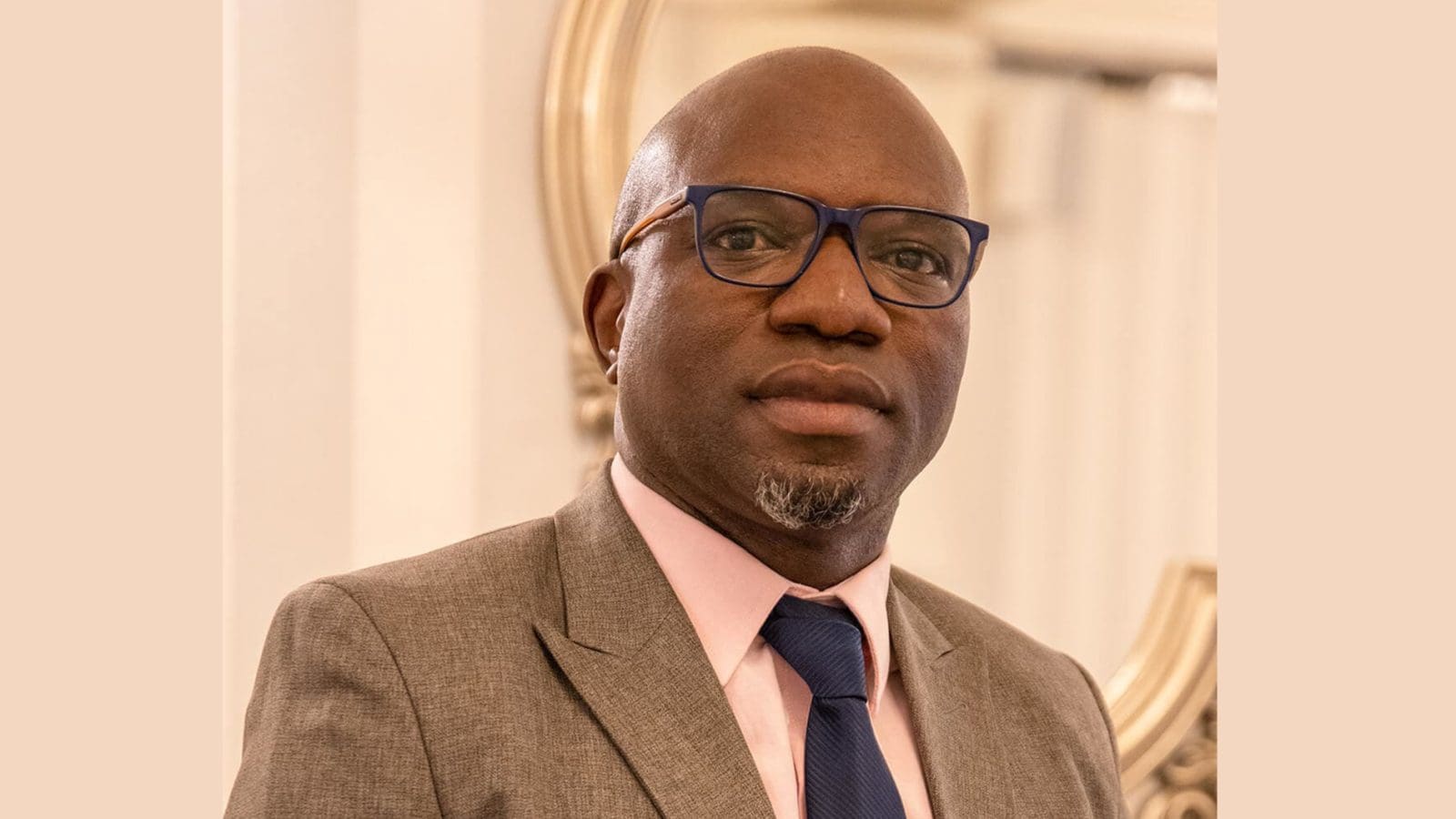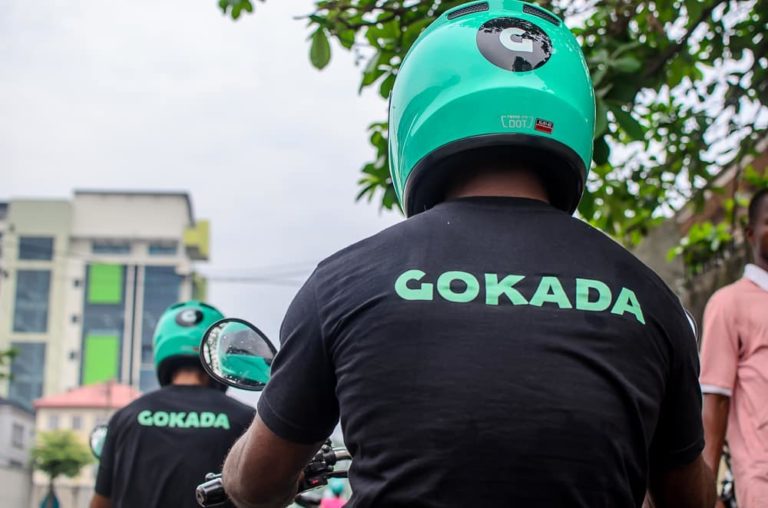The Anzisha Prize Fellowship has revealed its top 26 entrepreneurs for 2021. The entrepreneurs, who are between the ages of 18 and 22, will each receive more than US$5,000 in funding and more than US$15,000 worth of venture building support services over three years, which are aligned with the prestigious fellowship’s new structure of enabling young people to receive the financial and mentoring support they need to succeed.
“We’ve seen clearly that a transition from secondary or tertiary education directly into sustainable entrepreneurship requires both financial and learning support,” comments Josh Adler, Executive Director of the Anzisha Prize. “Through our long-term partnership with the Mastercard Foundation, we’re thrilled to not only announce an increase in the number of fellowships we can offer each year but also in the monetary support each venture will receive.”
The 2021 Anzisha Fellows were selected from hundreds of applications across Africa and passed multiple stages of vetting and evaluation. Applicants were from countries such as Mali, Togo, South Africa, and Madagascar and running businesses in education, health, agriculture, manufacturing, energy, and beauty. These young Africans are demonstrating how it’s possible to pursue entrepreneurship as a career in the face of the pandemic.
In selecting 26 fellows this year, the annual Anzisha Prize fellowship has more than doubled in size since its first selection process, which included 12 innovative, young, African entrepreneurs in 2011. In that time, Anzisha’s venture-building support team has worked closely with over 150 early-age entrepreneurs in over 30 African countries. We have developed a pioneering approach to coaching, skills development, and business support that has now been packaged into a three-year learning journey.
“Our fellowship offering has essentially been reframed as an alternative or accompaniment to university education for entrepreneurs in this age group,” adds Adler. “The grand prizes, which recognized achievement prior to selection as a fellow, will now recognize excellence from young entrepreneurs who role model job creation, venture growth, storytelling, and process improvements during their fellowship.”
The selected top 26 entrepreneurs represent 17 countries with 30 percent being Francophone. They include Côte d’Ivoire, the Democratic Republic of Congo (DRC), Kenya, Madagascar, Nigeria, Mali, South Africa, Tanzania, Togo, Uganda, and Zimbabwe. Nigeria has the largest cohort with four in the top 26. Young women are well represented, making up 10 of the 26 entrepreneurs.
“Young African entrepreneurs have continuously shown that they can rise to the challenge when given an opportunity. And what a challenging 19 months it has been for our world. Yet the caliber of innovators we consistently see apply to this program, proving that the rebuilding and reimagining of economies can be entrusted to young people. We are committed to supporting the growth of the Anzisha Prize and betting on the potential of young entrepreneurs to drive transformation,” says Philip Cotton, Director of Human Capital Development at the Mastercard Foundation.
After the selection process, the entrepreneurs will participate in a virtual induction boot camp for 10 days where they will engage with business leaders and past winners of the prize. The boot camp will prepare them for what lies ahead over the next three years.
The top 26 were selected this year, in a four-part series that follows the Anzisha Prize team and their search for Africa’s youngest, most exciting entrepreneurs.
The 2021 Anzisha Prize Fellows are:
Constant Ayihounoun, Benin, 21 – Constant is the founder of Agreco Sarl, a company that produces organic fertilizers and pesticides.
Sergio Tabe Ashu, Cameroon, 21 – Sergio is the founder of Excel Academy, which provides private home tutoring services to K-12 students and national exam preparatory classes for senior secondary school students.
Hebrey Issa Abraham, Cameroon, 21 – Hebrey is the founder of DATA, which produces and sells vegetables.
Krys Elfried Digbehi, Côte D’Ivoire, 18 – Krys is the founder of Yeyiba Restaurants. The venture cooks and sells African and European dishes to local colleges, high schools, and universities.
Victoire Bakunzi, Democratic Republic of Congo (DRC), 21 – Victoire is the founder of Basuyi business that produces African-style jackets and tunics.
Oumar Diogo Sow, Guinea, 22 – Oumar is the founder of Felian Trading Limited. The business cultivates rice and cassava.
Martin Sure Ondiwa, Kenya, 21 – Martin is the founder of Greenfarms, a company that produces and sells fresh fruits to consumers and vendors.
Tsantatiana Fideranaharilala Rakotoarimanga, Madagascar, 22 – Tsantatiana is the founder of Dream Study Agency. The agency helps students in Madagascar apply to universities abroad.
Mahefarivo Thierry Andrianarinoa, Madagascar, 21 – Mahefarivo and two of his friends founded Coufé Madagascar. Coufé is a fashion brand that specializes in embroidered, customizable t-shirts that are handmade by women detained in prison.
Martin Masiya, Malawi, 21 – Martin is the founder of Sollys Energy, which distributes solar lamps and solar lanterns using a Pay-As-You-Go model for customers in semi-urban and rural areas.
Adama Kanté, Mali, 22 – Adama is the founder of Food Sante, which is a production and processing company for agrifood products.
Ali Ould Mohamed, Mali, 18 – Ali is the founder of Créa-Couture, a clothing company that sells a variety of products such as pants, skirts, shirts, and suits for men and women.
Renata Silva, Namibia, 19 – Renata is the founder of RS Clothing Brand, which sells trendy clothes to young people between the ages of 15-25.
Eneyi Oshi, Nigeria, 19 – Eneyi is the founder of Maatalous Nasah. The business farms chickens, fish, and eggs to sell to urban dwellers through an e-commerce web application called Farmisphere.
Esther Akin-Ajayi, Nigeria, 19 – Esther is the founder of Jemai Interiors, which sells furniture pieces and architectural materials. They also render interior designs and offer 3D visualization services to other architectural companies and individuals.
Oluwadamilola Akinosun, Nigeria, 22 – Damilola is one of the founders of Grant Master, an online marketplace that connects ambitious organizations that are in need of debt-free and equity-free funding. The organizations in need are connected with grant writers.
Grace Okezie, Nigeria, 22 – Grace is the founder of Royal Graced Baking Company, which bakes and sells healthy snacks and foods to customers.
Rebecca Samuella Kalokoh, Sierra Leone, 20 – Rebecca is the founder of Grace Venture Natural Products, which extracts oils from seeds, herbs, and fruits to produce natural cosmetics that are sold in the local markets of Sierra Leone.
Amadu Deen Bah, Sierra Leone, 21 – Amadu is the founder of Caballay Investment, which produces paper bags and bags for packaging that is sold to local businesses.
Masello Mokhoro, South Africa, 22 – Masello is the founder of Starlicious Enterprises. She grows day-old broiler chicks and pigs and sells them to individuals in her community.
Doroles Mihanjo, Tanzania, 20 – Dolores is the founder of Maktaba. The business sells educational documents such as past papers, notes, and online content books to parents, schools, and teachers.
Rebecca Taboukouna, Togo, 22 – Rebecca is the founder of RBK Pearls, which manufactures and sells beaded accessories.
Jovia Nassuna Kintu, Uganda, 21 – Jovia manufactures and sells affordable organic shampoo, conditioner, and other hair products. She founded Kia Cosmetics to provide women with an alternative to hair care products containing chemical additives.
Viola Kataike, Uganda, 21 – Viola founded her venture in 2020 to impact the lives of refugee communities. A Hand for a Refugee trains members of Kyangwali refugee camp in growing and harvesting passion fruit.
Munyaradzi Makosa, Zimbabwe, 21 – Munyaradzi Makosa is the founder of Farmhut Africa, an online marketplace designed to connect farmers in rural Zimbabwe directly to the market.
Tafadzwa Chikwereti, Zimbabwe, 21 – Tafadzwa launched Murimi Electronic Agriculture using artificial intelligence and machine learning. The business helps financial institutions to process loans faster, and farmers to ascertain their financial health.
About Anzisha Prize Fellowship
The Anzisha Prize is a venture-building fellowship program that has successfully supported and championed very young entrepreneurs for over 10 years. The fellowship is a three-year program that celebrates and rewards business growth.
Anzisha Prize applications for the 2022 cohort of young business owners open on 20 October 2021.

 Billionaire Watch3 weeks ago
Billionaire Watch3 weeks ago
 Startups4 weeks ago
Startups4 weeks ago
 News4 weeks ago
News4 weeks ago
 News4 weeks ago
News4 weeks ago
 Bitcoin4 weeks ago
Bitcoin4 weeks ago
 Naira4 weeks ago
Naira4 weeks ago
 Forex3 weeks ago
Forex3 weeks ago
 Treasury Bills4 weeks ago
Treasury Bills4 weeks ago















